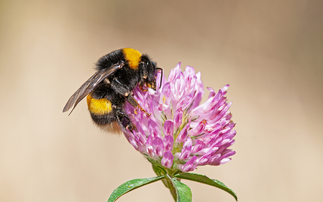
BASC Scotland director Peter Clark said: "We oppose the overbearing measures in this Bill which place an unacceptable burden on Scotland's deer managers. We do not consider deer to be a national problem; rather we would have liked to see the Scottish Government look at issues with certain species in certain areas. We still have significant concerns over the proposals to introduce new powers relating to deer control orders.”
Natural Environment (Scotland) Bill A proposed piece of legislation which could set new targets to enhance nature and protect biodiversity has been met with a mixed response from organisations, with...








.png)








